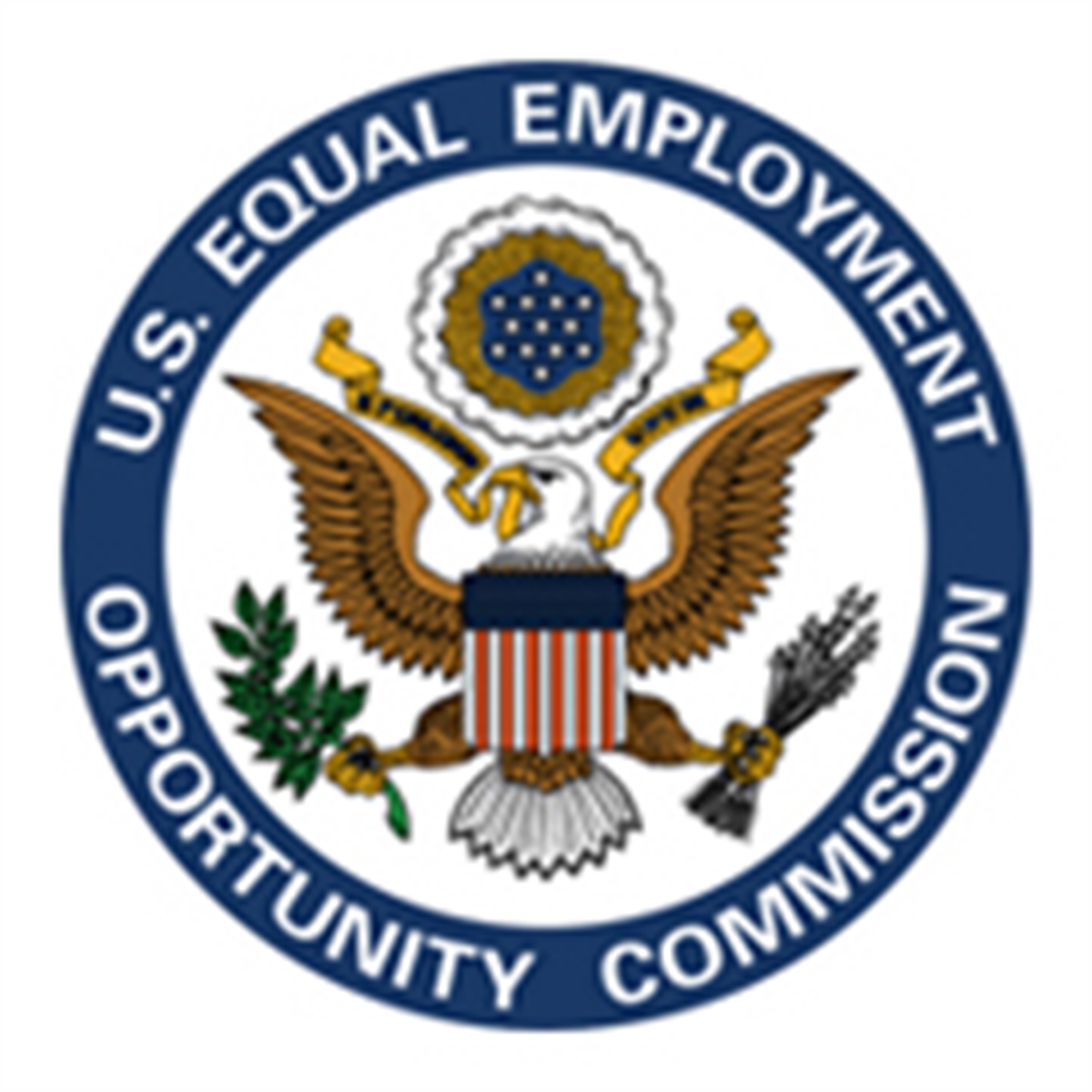Federal lawsuit settled after southern New Mexico workforce provider fired employees for not granting medical leave
SOCORRO, N.M. – Res-Care and Equus Workforce Solutions (collectively, Res-Care/Equus), national employment placement companies operating in New Mexico, will pay $125,000 and provide other relief to settle a disability and pregnancy discrimination lawsuit brought by the U.S. Equal Employment Opportunity Commission (EEOC), the federal agency announced today.
The EEOC filed a federal lawsuit against Res-Care/Equus, a Socorro, New Mexico, facility, alleging that the company discriminated against an employee with a high-risk pregnancy because of an underlying disability, and then retaliated by terminating her for requesting a reasonable accommodation.
According to the EEOC’s lawsuit, Res-Care knew about Cheyenne Benavidez’s high-risk pregnancy and associated disability, yet failed to provide disability accommodations and later terminated her for attending a specialist appointment related to her pregnancy and disability. Instead of engaging in an interactive process to determine whether Benavidez should be granted additional medical leave, Res-Care adopted strict planned leave attendance practices that violated the law by prohibiting employees from requesting time off from work as a reasonable accommodation for a disability or pregnancy-related condition.
These practices violate Title VII of the Civil Rights Act of 1964, which prohibits discrimination on the basis of sex, pregnancy, childbirth, or related medical condition, and the Americans with Disabilities Act (ADA), which protects workers who need reasonable accommodation for a disability in order to participate in the workforce.
After attempting a settlement through a pre-litigation mediation process, the EEOC filed a lawsuit in the U.S. District Court for the District of New Mexico (Res-Care, Inc., dba BrightSpring Health Services, and Arbor E&T, LLC, dba Equus Workforce Solutions, Civil Action No. 1:23-cv-00856-WJ-GJF). The consent decree settling the lawsuit provides for $125,000 in back wages and compensatory damages to Benavidez, as well as appropriate injunctive relief, including training to recognize employee accommodation needs for pregnancy and disabilities and to prevent future discrimination and retaliation.
“Companies’ strict enforcement of leave policies may violate federal law protections for pregnant workers and workers with disabilities,” said Mary Jo O’Neill, District Attorney for the EEOC’s Phoenix District Office. “Employers have a legal obligation to provide reasonable accommodations, such as additional leave or modifications to existing company leave policies, to allow workers with high-risk pregnancies to keep their jobs. While this lawsuit was brought under Title VII, which has protected pregnant workers for decades, it highlights the need to further educate employers about the broader protections they now have under the new Pregnant Workers Fairness Act.”
“It is unlawful for an employer to discipline or fire an employee who has a disability, including a high-risk pregnancy or related medical condition, without determining whether a reasonable accommodation would have allowed the employee to continue working,” said April Klug, director of the EEOC’s Albuquerque District Office.
EEOC Deputy District Attorney Christina Vigil Fraser added, “Pregnancy and disability discrimination laws often overlap, especially when an employee is pregnant and has an underlying or pregnancy-related medical condition. As we move beyond the COVID pandemic, employers have an obligation to provide leave to pregnant employees just as they provide leave pursuant to company policy to employees who have COVID. Training of HR and supervisory personnel to recognize issues related to pregnancy and disability is now even more necessary with the implementation of the Pregnant Worker Fairness Act.”
For more information about disability discrimination, please visit https://www.eeoc.gov/disability-discrimination. For more information about pregnancy discrimination, please visit https://www.eeoc.gov/pregnancy-discrimination. For more information about the Pregnant Workers Fairness Act, please visit https://www.eeoc.gov/statutes/pregnant-workers-fairness-act.
EEOC’s Phoenix District Office is responsible for enforcing federal employment discrimination laws in Arizona, Colorado, Utah, Wyoming and New Mexico. EEOC promotes opportunity in the workplace by enforcing federal laws prohibiting employment discrimination. For more information, visit www.eeoc.gov.

